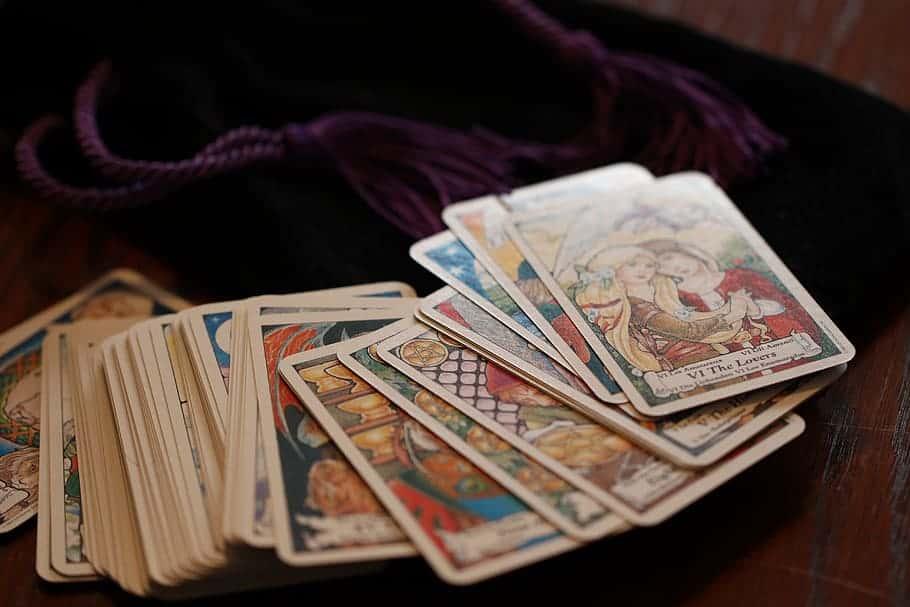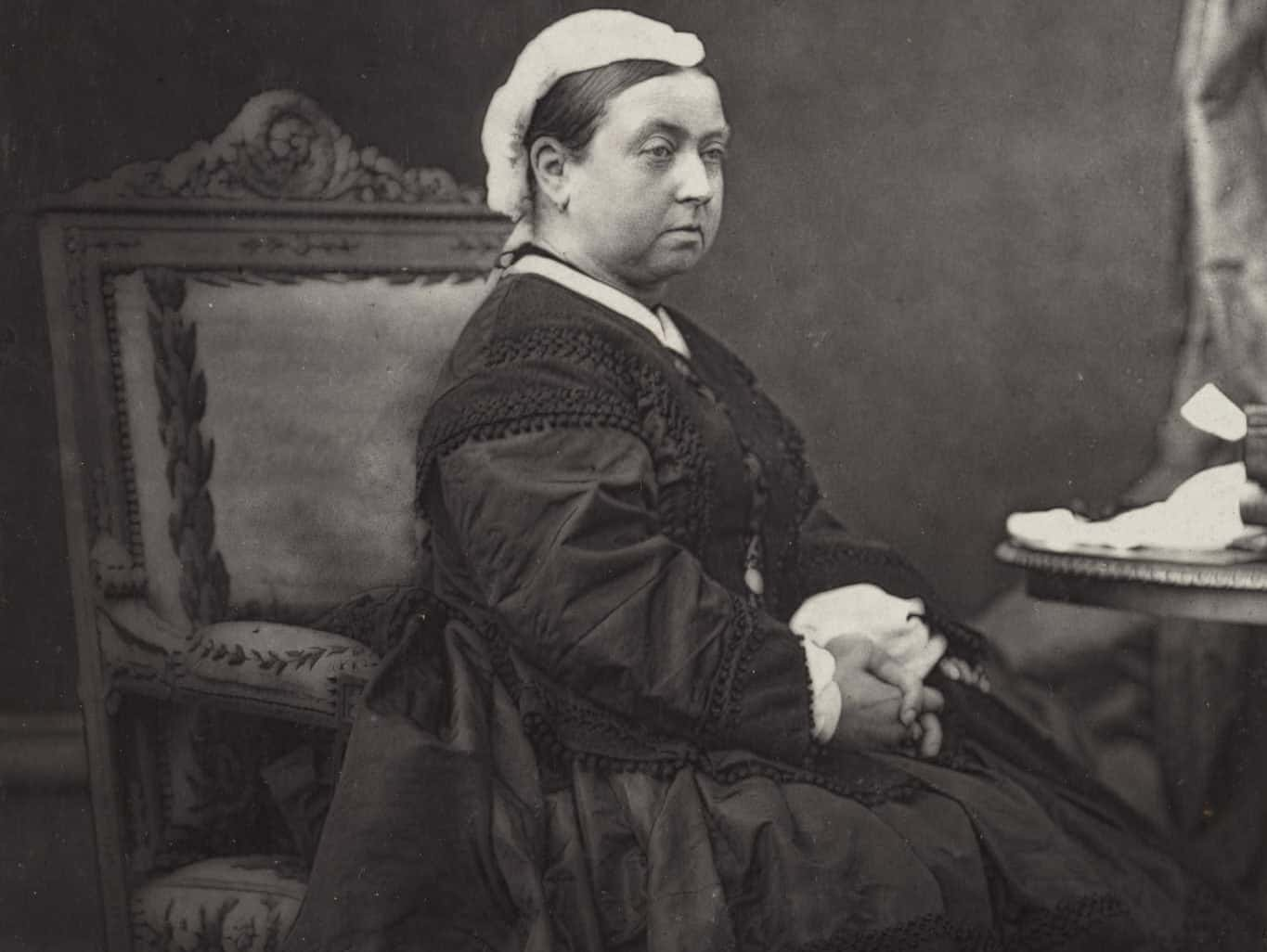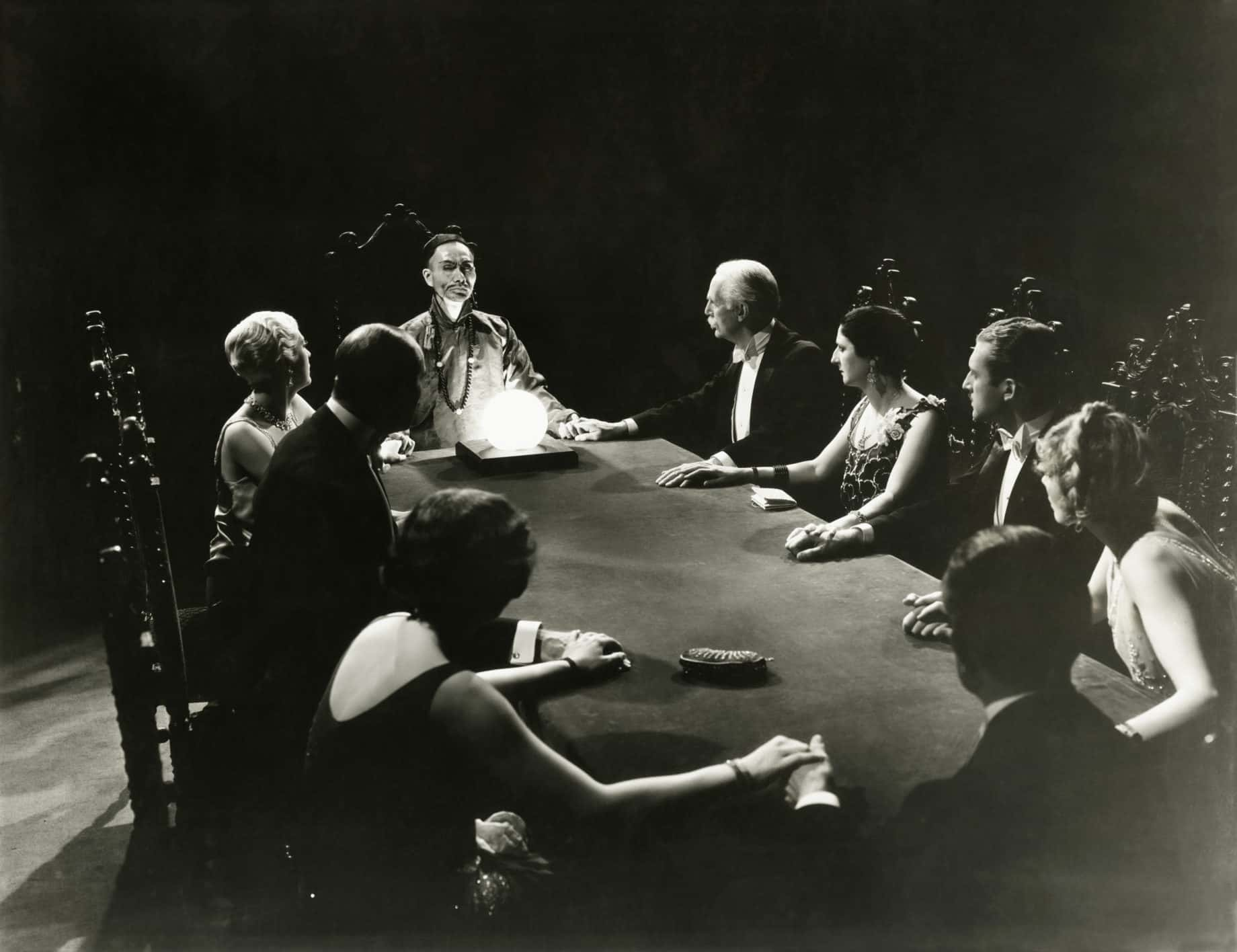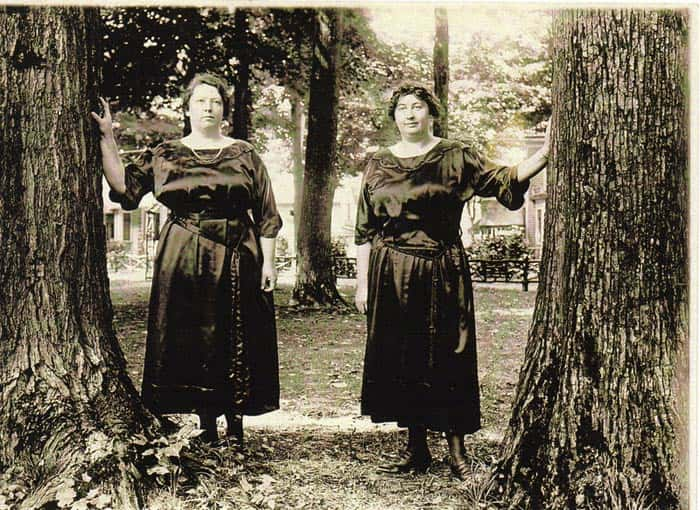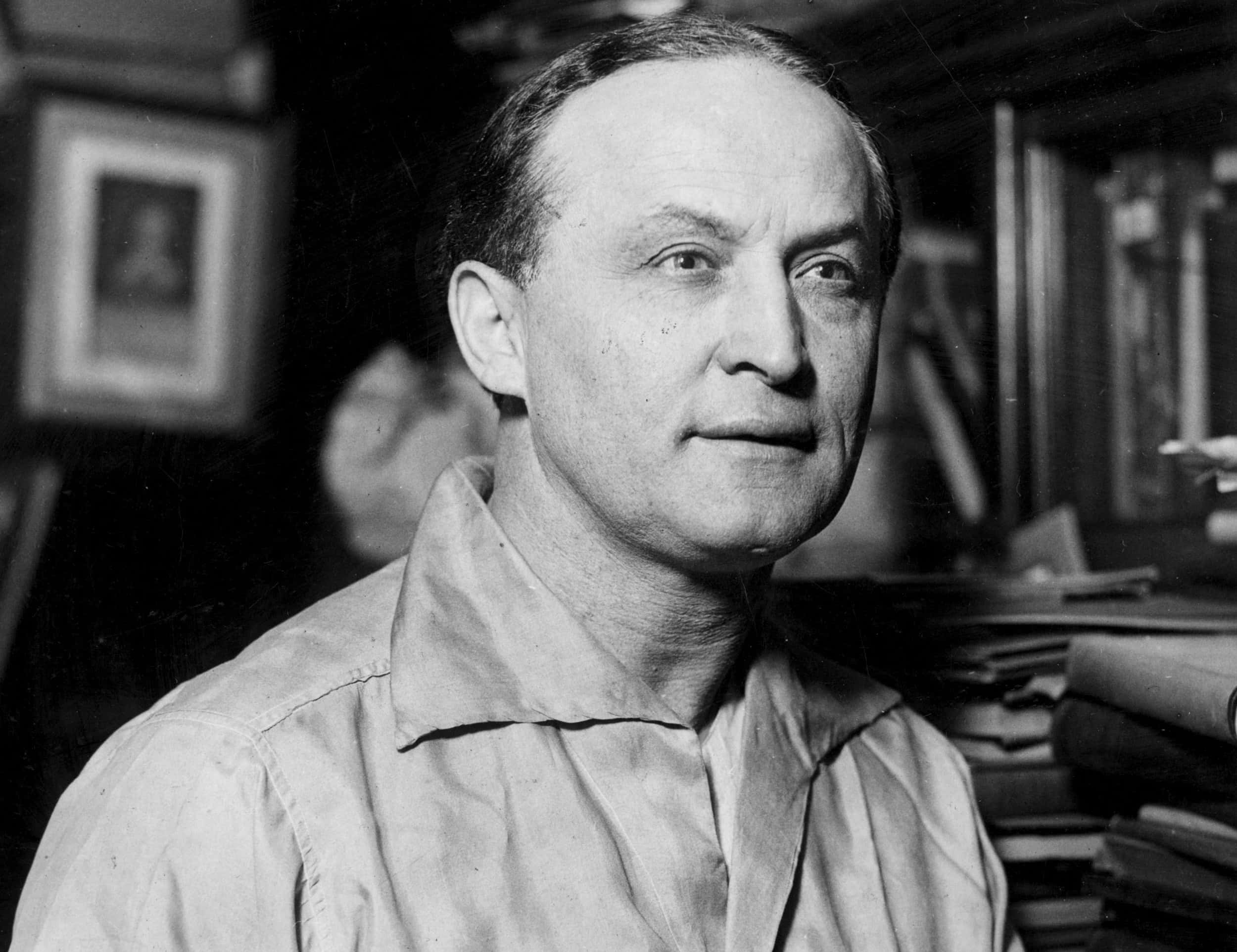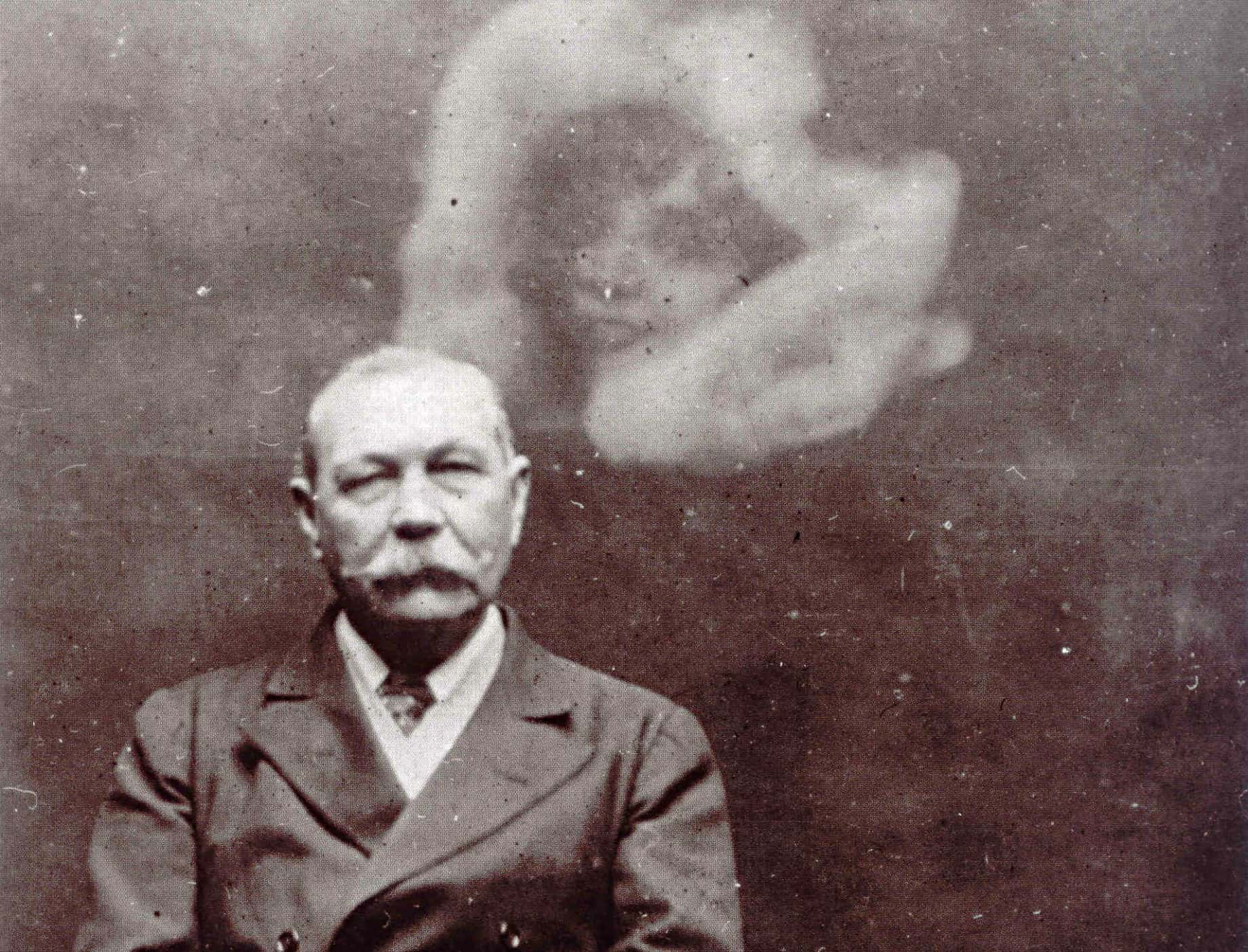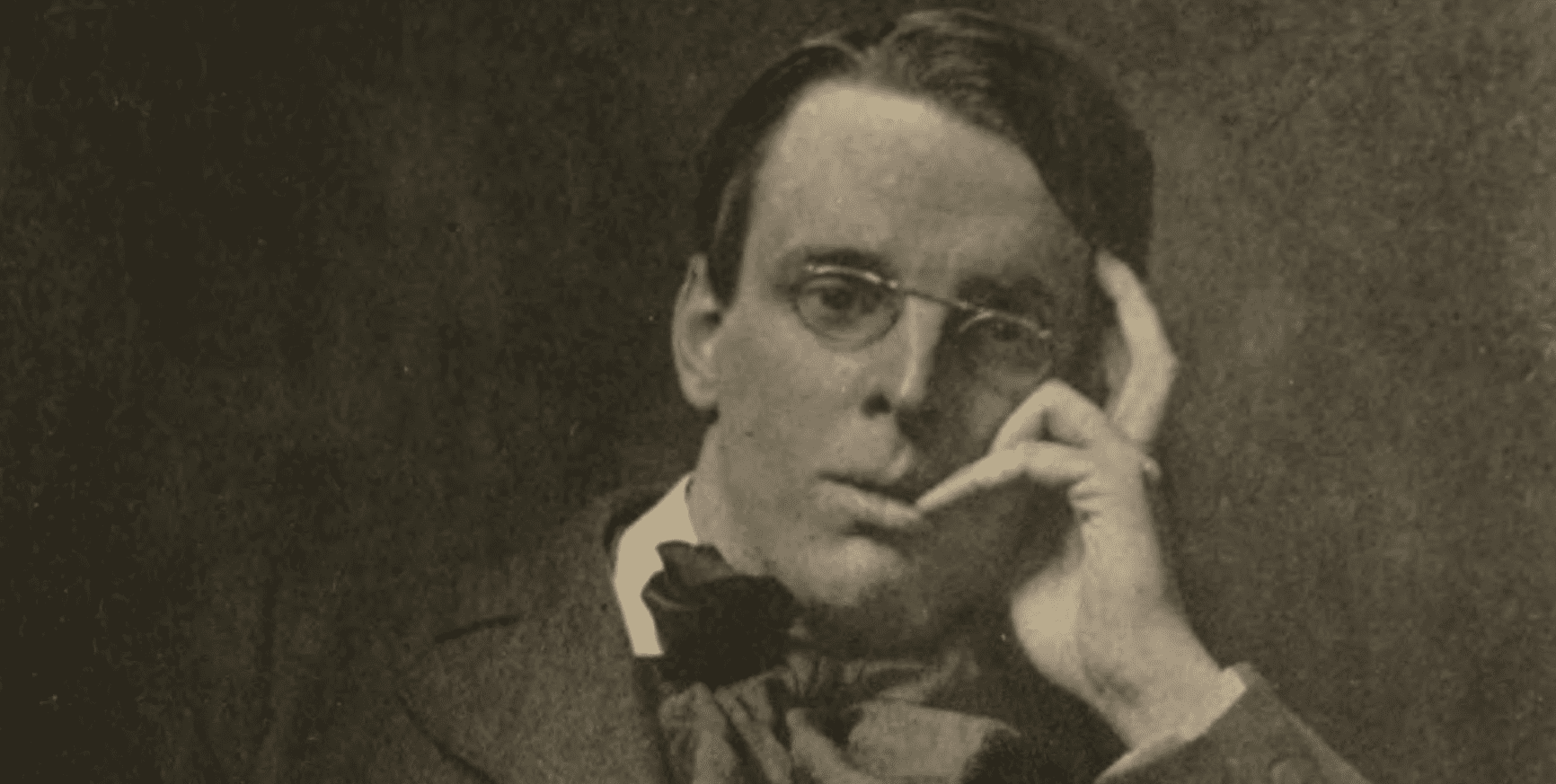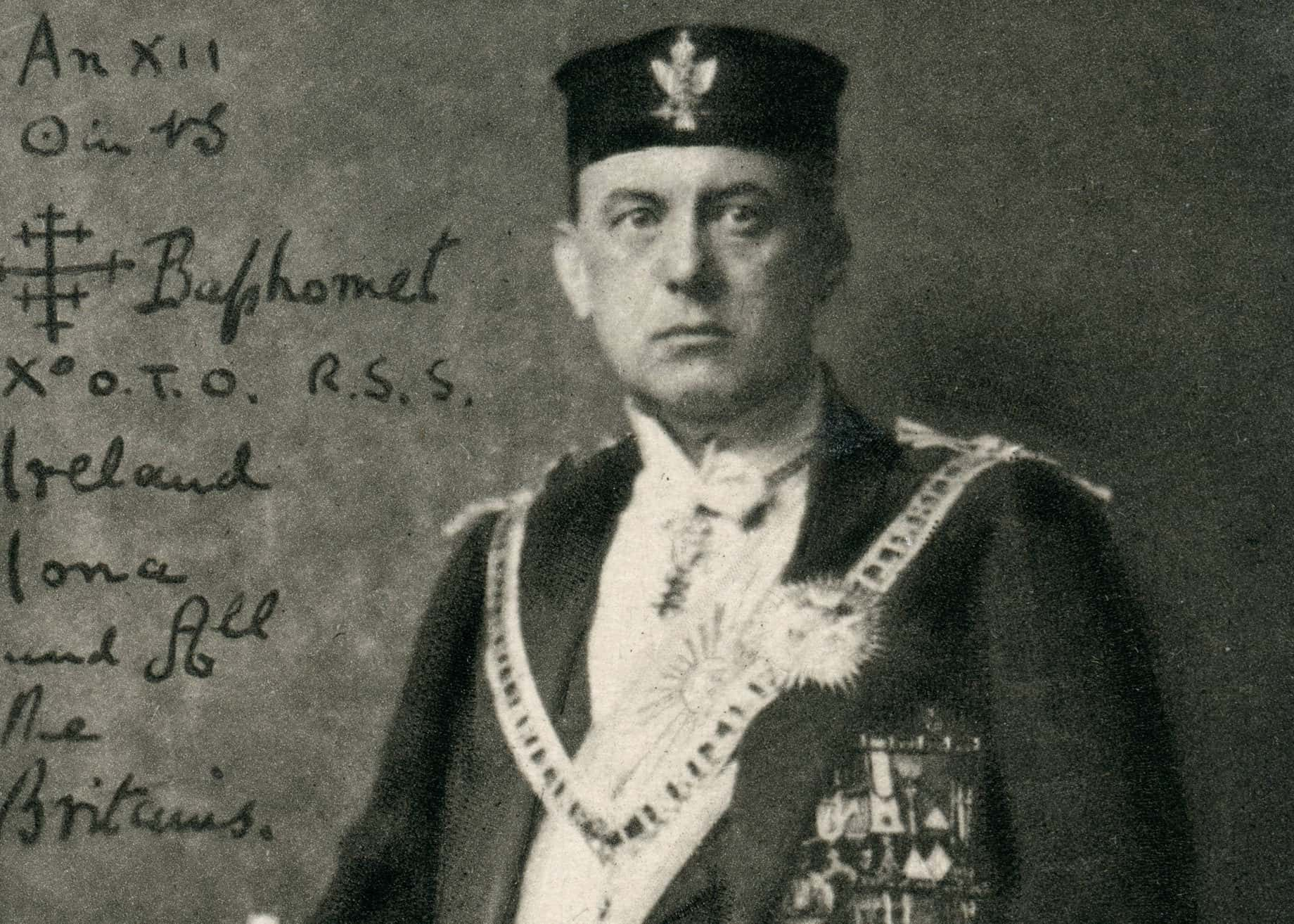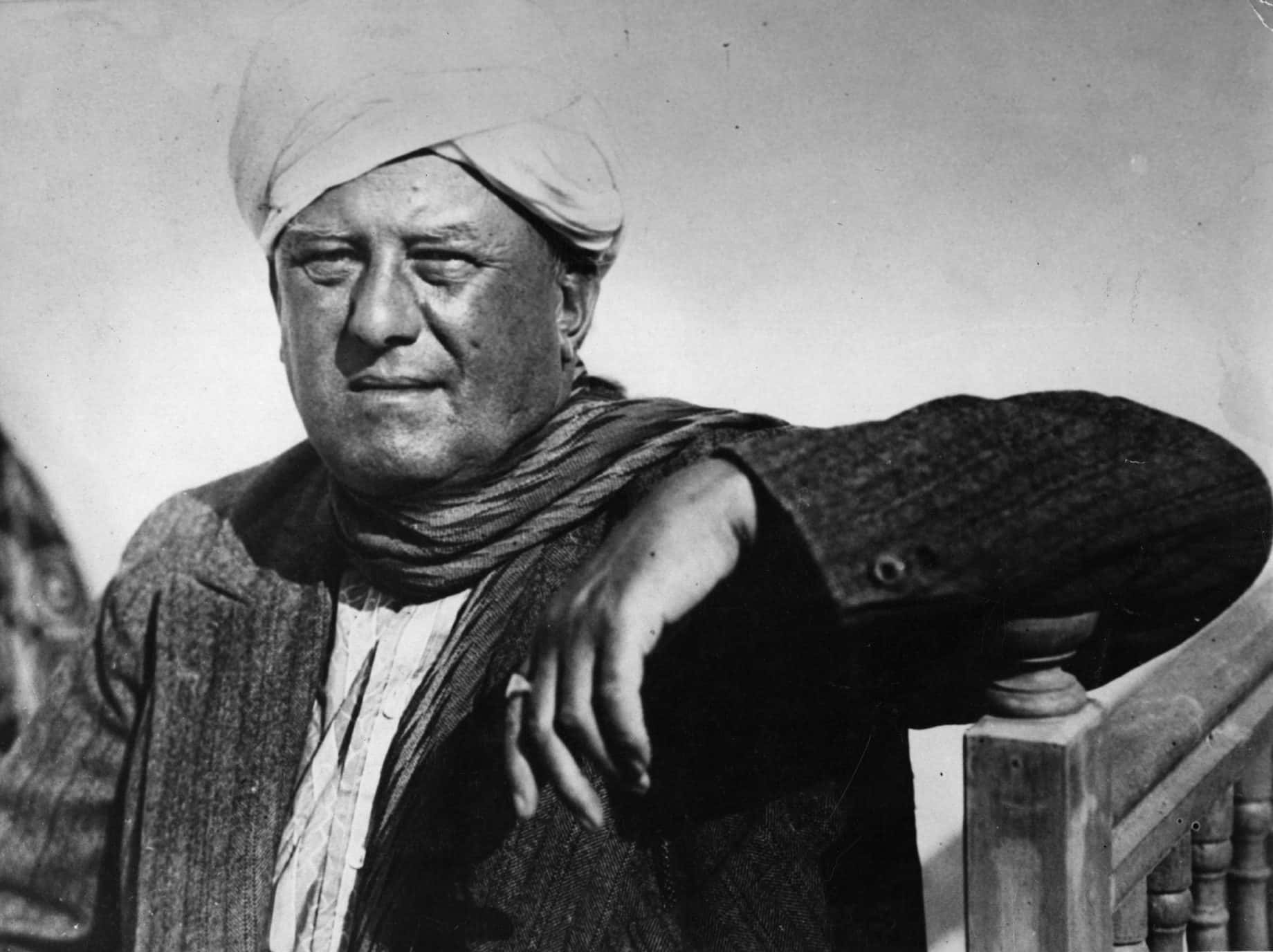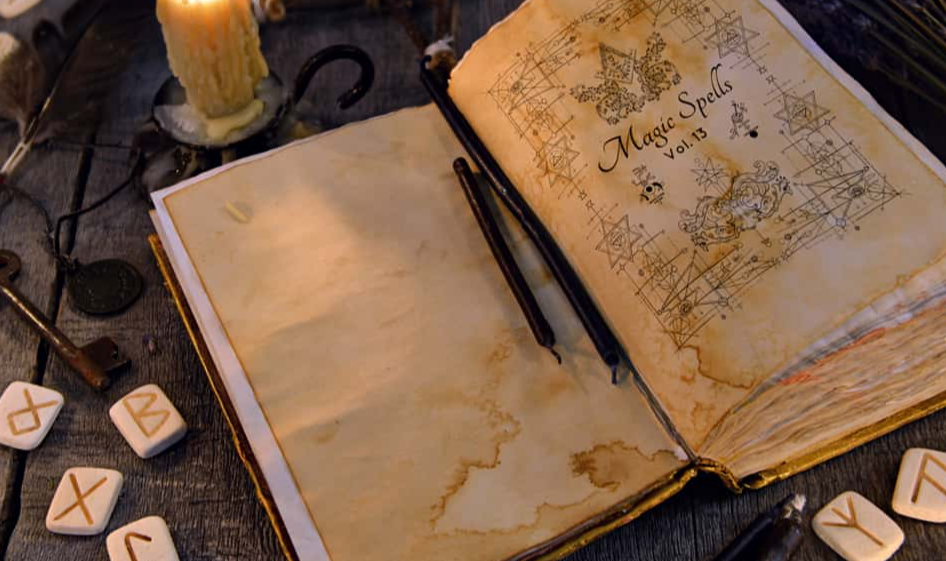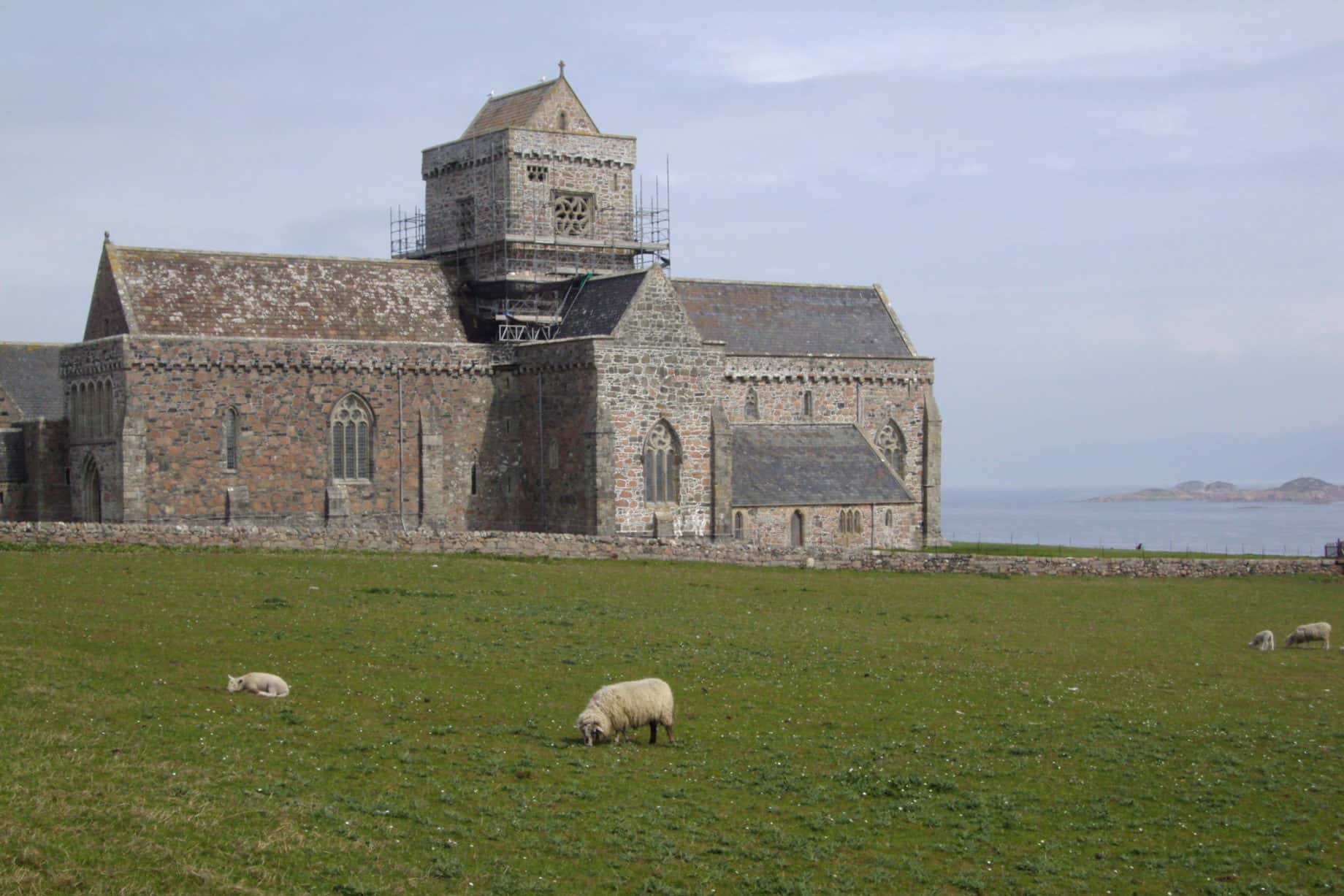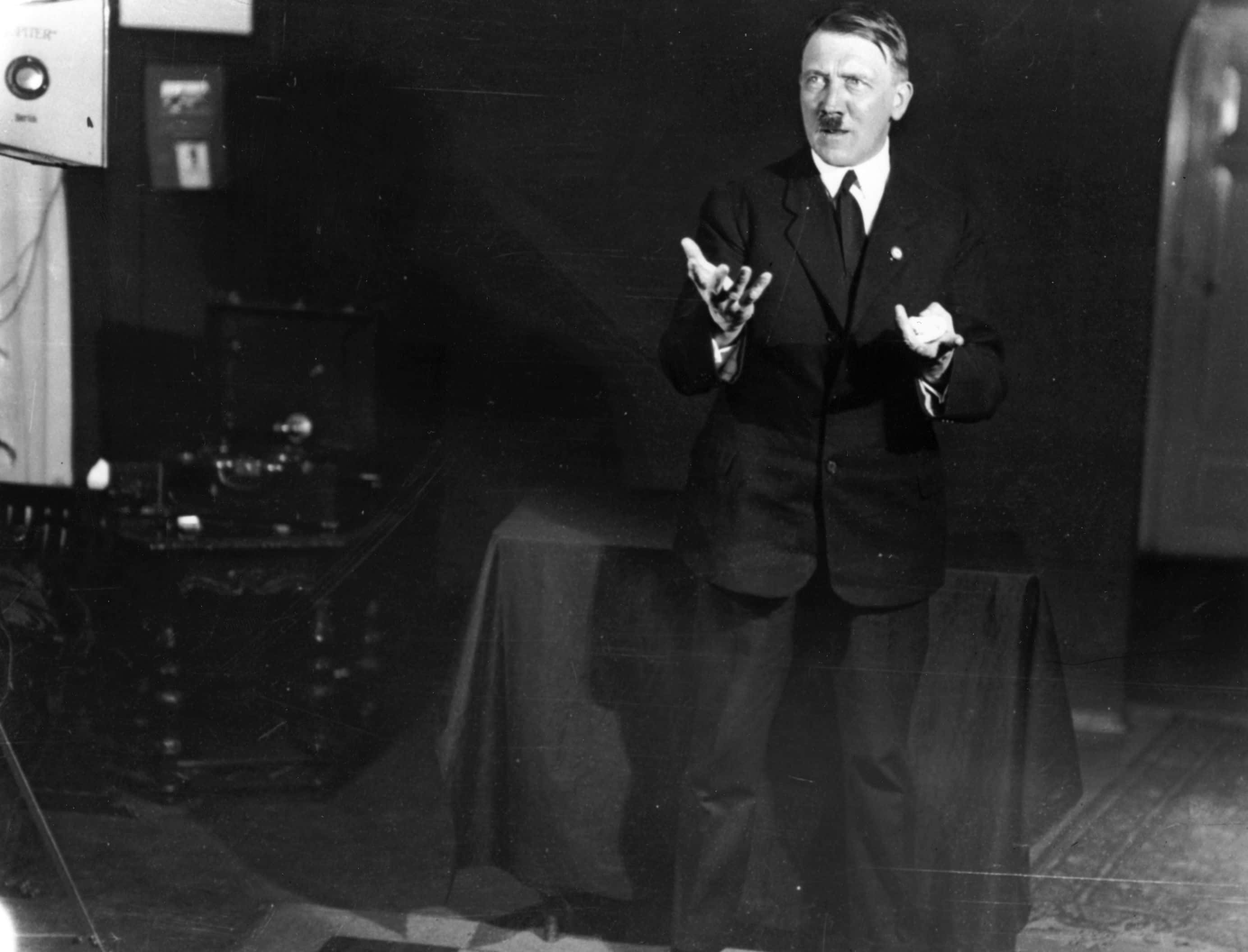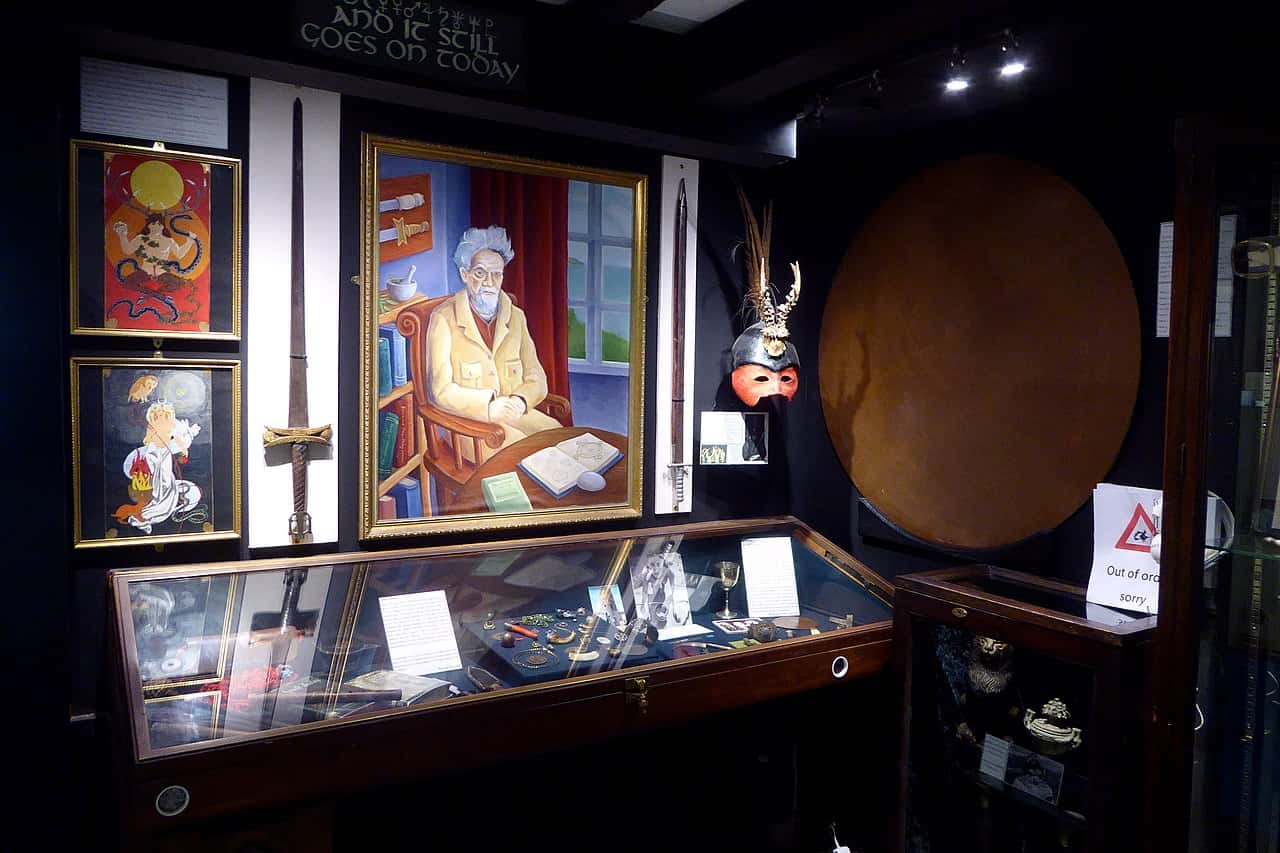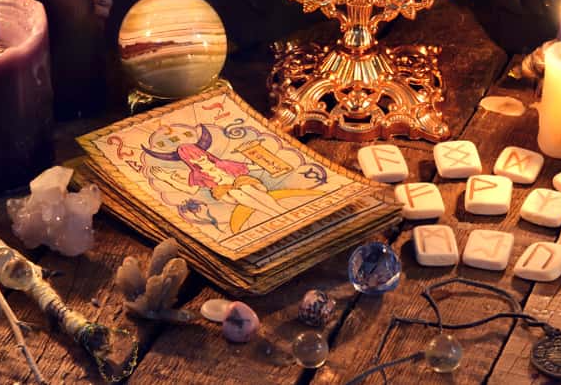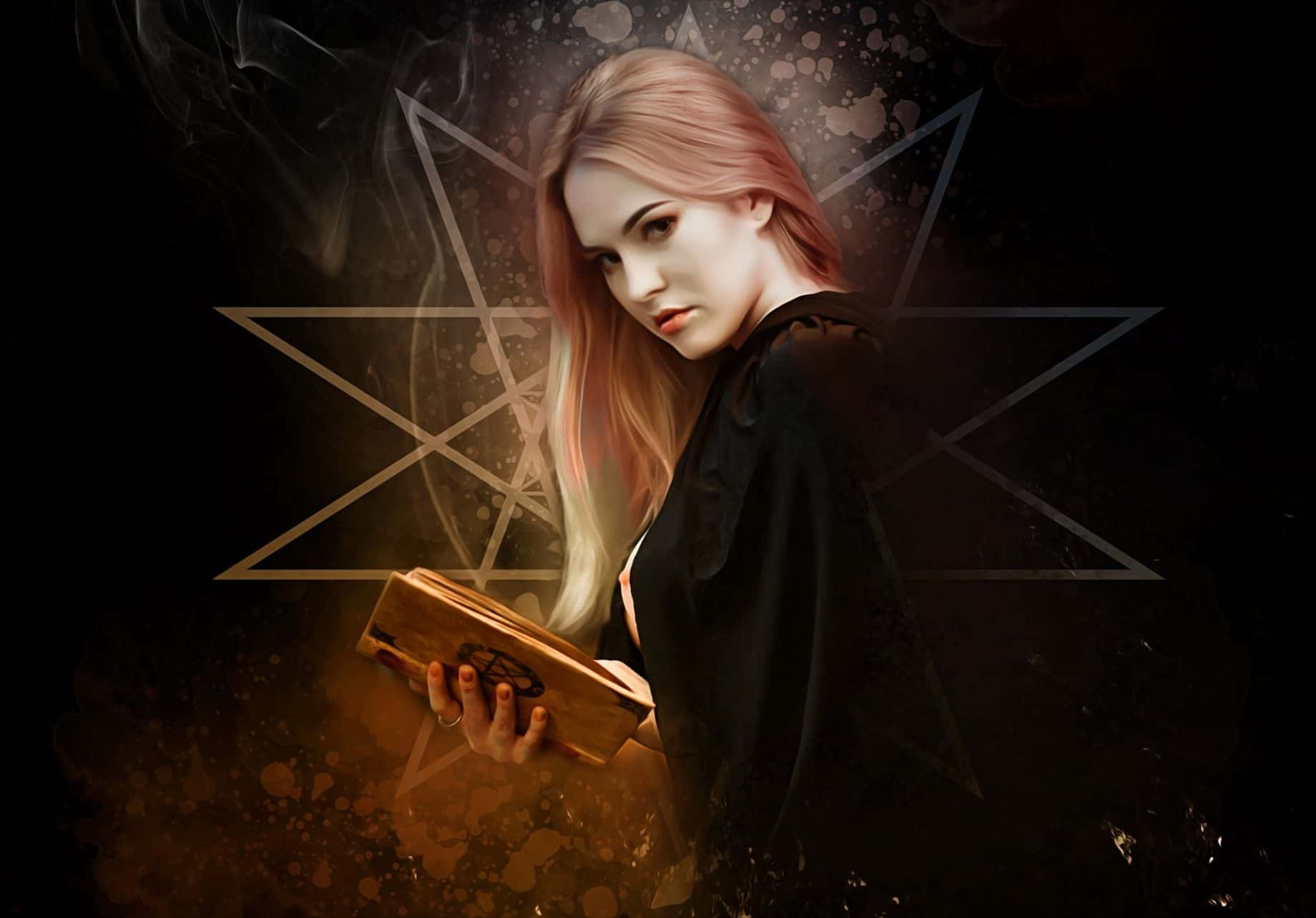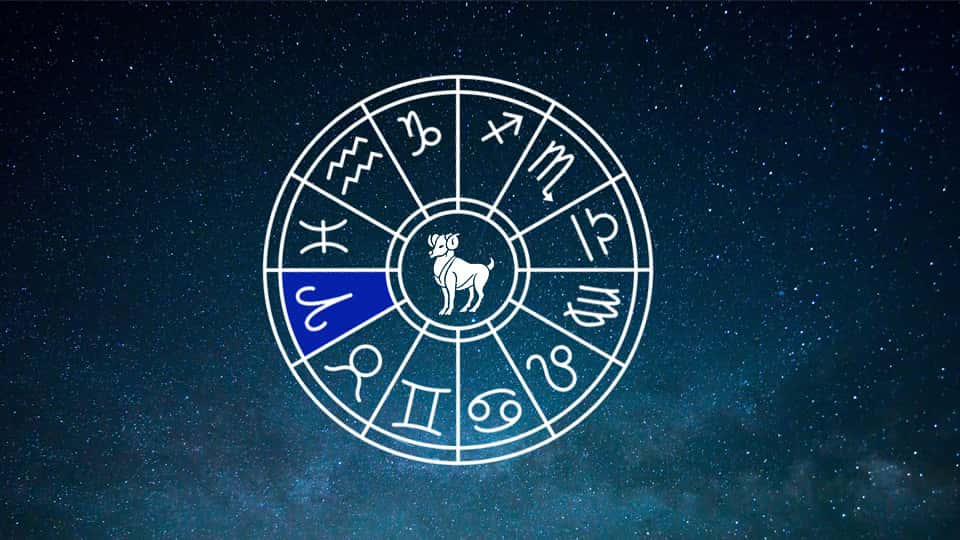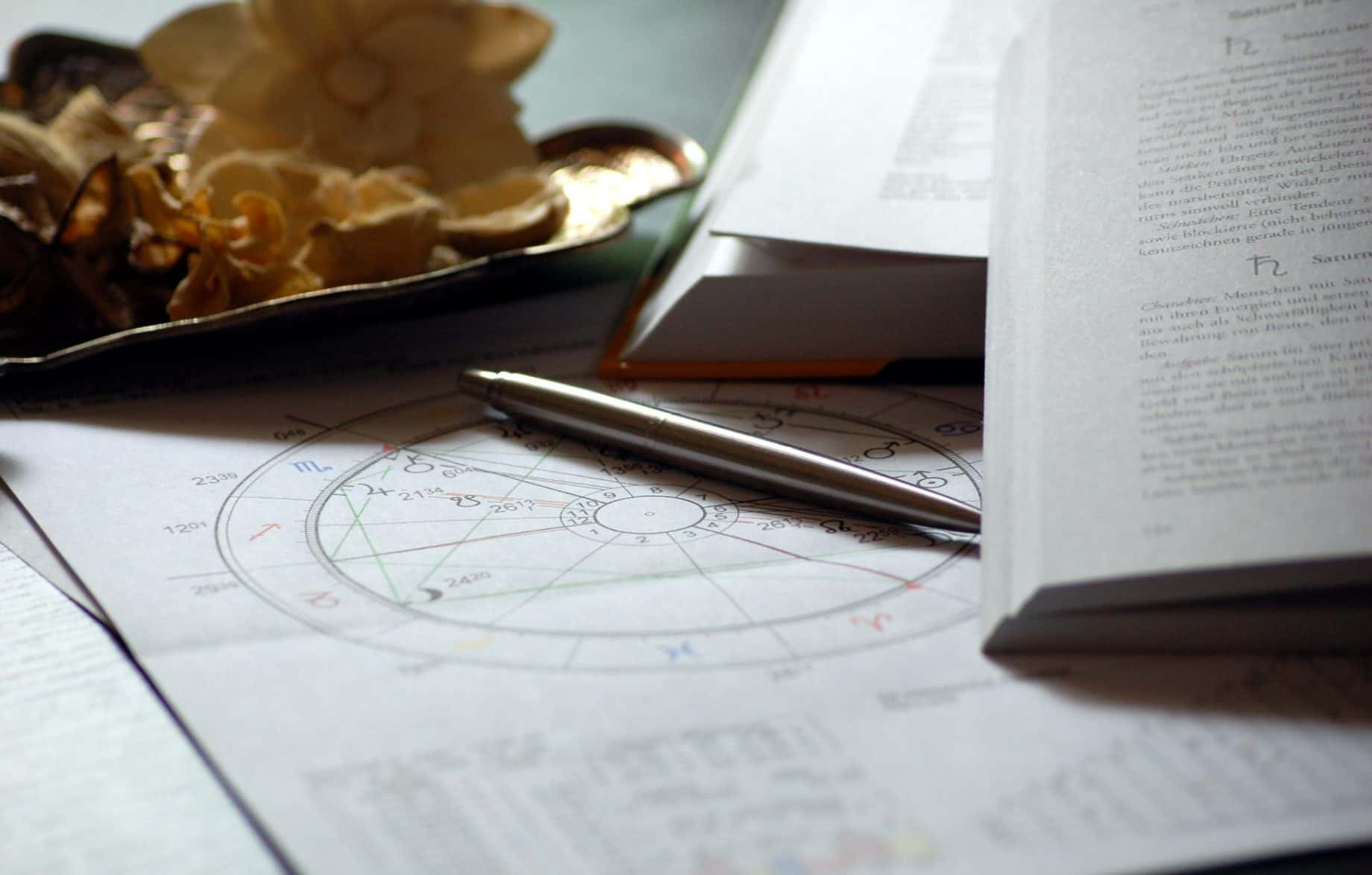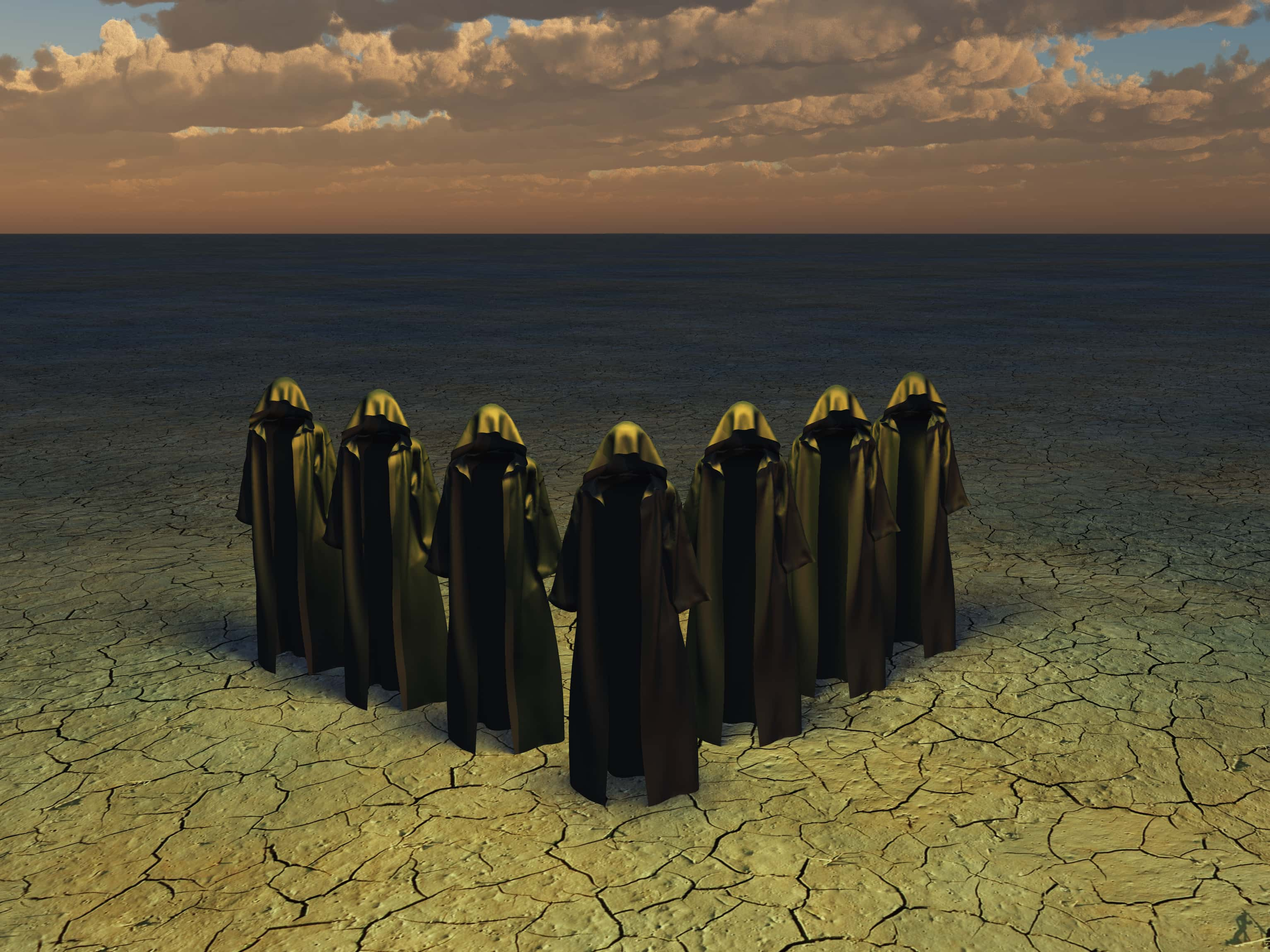Humanity has been plagued by certain questions since the dawn of time: Who created us? What occurs to us when our life ends? How can we protect ourselves from those that would hurt us? Many people have turned, and an increasing number of people are turning, to the occult for answers. Gaze into my crystal ball for these 25 arcane facts about spiritualism and the occult.
1. What is Occultism?
The word “occult” comes from the Latin “occultus,” meaning secret or hidden. Occultism, then, is knowledge of the secret or hidden. The word “occult” has come to take on a particular religious dimension, and can be applied to a variety of often-syncretic religions that deal with magic, spiritualism, divination, and other non-mainstream religious beliefs.
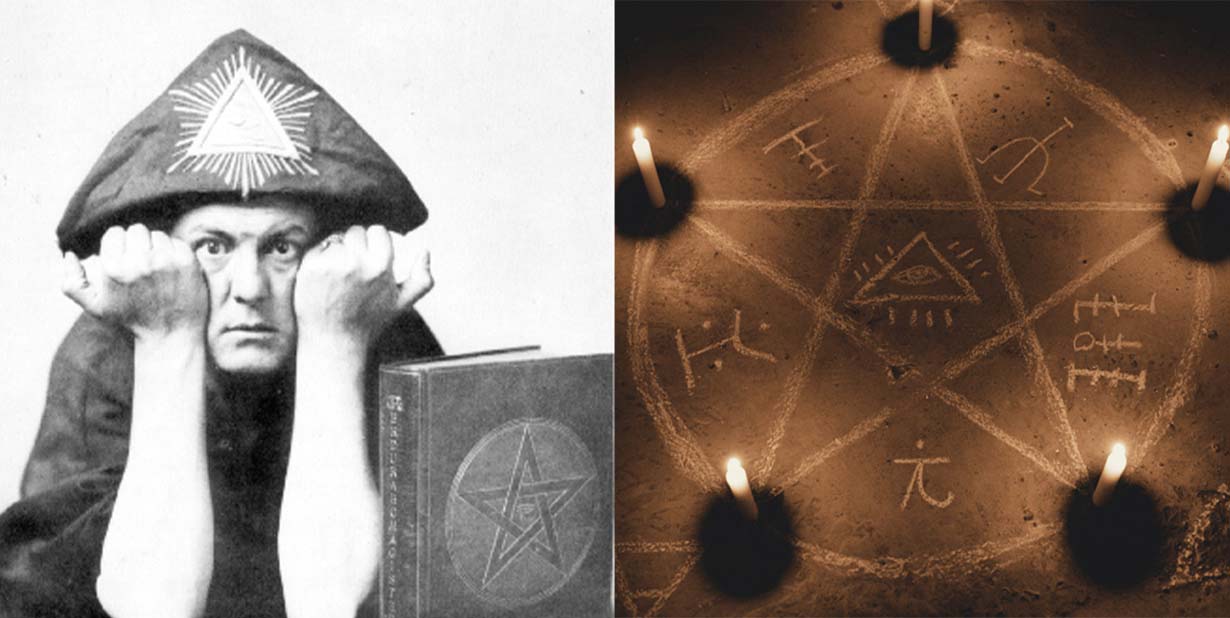
2. Crystal Ball
One of the most common images conjured up when we think of occultism is the crystal ball. The use of the crystal ball for fortune telling goes back to the druids, and Pliny the Elder also described soothsayers' crystal balls in the first century AD.
3. It’s in the Cards
Tarot cards came to Europe from Egypt, but while they are certainly ancient and mysterious, it was only in the 18th century that they gained popularity as a form of divination. The most familiar version of the Tarot, the Rider-Waite deck, was designed by Pamela Colman-Smith in 1910.
4. Witch’s Ladder
The first recorded "Witch's Ladder," a spell made from knotted hair, was found in a house in 1878 . Occult folklorists were quick to declare it a supernatural aid, and the discovery was published in Folk-Lore Journal.
5. Spiritualism
The Victorian Era was characterized by a fervor for Spiritualism, the belief in the possibility of communication with departed souls. The concept was appealing to people from various backgrounds; even Queen Victoria herself engaged in seances in an effort to communicate with her beloved Prince Albert, who was no longer among the living.
6. John Dee
Victoria was not the first British monarch to turn to the paranormal for guidance. John Dee, a noted alchemist and astrologer, served as an advisor to Queen Elizabeth I. Dee was said to be adept at scrying–using objects like mirrors and crystal balls to prophesize the future, and some speculate he was an owner of the Voynich Manuscript.
7. Knock Knock
Perhaps it goes without saying that many frauds and charlatans took advantage of the human urge to contact lost loved ones. Among them were the first Spiritualist celebrities, the Fox Sisters. The three girls initiated the Spiritualist craze by asserting their ability to engage with spirits from the afterlife through a series of knocks. It was later revealed that two of the sisters were producing the knocks themselves, using their true gift: cracking their joints very loudly.
8. On Second Thought
Though the Fox Sisters confessed to their hoax, one sister, Margaret, later insisted the confession itself was dishonest, and returned to performing seances and promoting Spiritualism. By then, however, the Foxs' reputations were in ruin.
9. The Spirit Typewriter
The Bangs Sisters were among the most widely respected–and later, most widely criticized–Spiritualists of the 19th century. Among their parlor tricks was a “spirit typewriter,” which supposedly received messages from the likes of Moses and president James A. Garfield.
10. Houdini and the Spiritualists
One of the most active debunkers of the spiritualists was famed escape artist Harry Houdini. Along with the magazine Scientific American, he offered a cash prize to anyone who could convince him of supernatural powers, and in the process exposed phony mediums and fortune tellers.
11. A Real Sherlock
Arthur Conan Doyle, author of the popular Sherlock Holmes stories, and himself an ardent spiritualist, was so confident in the existence of the supernatural that, rather than being dissuaded by Houdini’s debunking, became convinced Houdini himself was a master medium eliminating his competition.
12. The Golden Dawn
Many modern-day occult movements and religions have their roots in the Hermetic Order of the Golden Dawn, a British group dedicated to study of magic, metaphysics, and the paranormal. A secretive society, members are said to have included Arthur Conan Doyle, Arthur Waite (of the Rider-Waite tarot), and the poet William Butler Yeats.
13. Aleister Crowley
One member of the Golden Dawn broke away from the group to form his own religion. Informed by ancient Egyptian traditions and Islamic mysticism, Aleister Crowley founded Thelema in 1904. The central tenet of Thelema appears in Crowley’s The Book of the Law: “Do what thou wilt shall be the whole of the Law".
14. The Wickedest Man in the World
Crowley had a history of hedonism and individualism that had alienated him from other members of the Golden Dawn, and led to him being denounced as “the wickedest man in the world". But he was not bereft of decency: when a tormented, paranoid man sought Crowley's magical help, Crowley identified the man's symptoms as being addicted to a narcotic substance, and took him on a vacation to Morocco to overcome the dependency.
15. Good Fortune
For attacks of black magic not related to illicit substances, there was assistance. In 1930, the occultist Dion Fortune wrote Psychic Self-Defense, a handbook for protecting oneself from supernatural harm.
16. Netta Fornario
Maybe Netta Fornario could have used some of Fortune’s “psychic self-defense". The young occultist was discovered lifeless in 1929 on the island of Iona. She appeared to have been in the middle of some ritual: she was clothed only in a thin black cloak, and a cross had been carved into the ground. The cause or individuals accountable for her passing remain unknown.
17. The Occult and the German Dictator
Following the WWII, the idea that Nazism and Occultism were related caught popular imagination. The Nazis were said to practice occult rituals and seek out magic artifacts help further their disgusting goals. Some have even claimed that this individual himself was possessed by a demon. These arguments are generally regarded by historians as fanciful “crypto-history".
18. Anton LaVey
Anton LaVey is synonymous with Occultism to many Americans because of his role as founder of the Church of Satanism, which synthesized several esoteric Western traditions. Similar to Crowley, it is unjust to label LaVey as an evil person: before laying the groundwork for the Church of Satan, LaVey sometimes served as a psychic investigator for the law enforcement agency in San Francisco.
 Flickr, Chicago Art Department
Flickr, Chicago Art Department
19. Satanic Panic
Christian paranoia over the increasing popularity and availability of occult ideas in the 1980s led a period of “Satanic Panic". This encompassed the control of heavy metal music due to its "occult" imagery, guidance for law enforcement on "satanic ritual harm," and even an extraordinary incident where children at a daycare center were prompted to allege that they had been mistreated and coerced into participating in ritualized animal offerings.
20. Wicca
Perhaps the biggest and most widely known occultist religion is Wicca. Founded by Gerald Gardner in the early part of the 20th century, Wicca syncretised various western and pagan traditions into one single theology.
21. Witches in America
Since the 1980s, the United States has become more accepting of neo-pagan, spiritualist, and occult religions. One 1983 court case determined that custodial officers had infringed on an inmate's First Amendment rights by disallowing him to observe Wiccan rituals; in 2007, the Department of Veterans Affairs consented to include the Pentagram in the roster of religious symbols that could be inscribed on gravestones and plaques honoring US veterans.
22. Small but Committed
While official recognition has been improving, practitioners of alternative religions–Neo-paganism, Spiritualism, Satanism, Druidism, Wicca, and similar faiths–only account for about 0.4% of the US population.
23. Wish Upon a Star
Some of this stuff might seem pretty out there, but you or someone you know probably delve into the occult a couple of times a month. According to one 2009 poll, about one third of female Americans read their horoscopes before making major life decisions.
24. Astrologer to the Stars
The first weekly horoscope column was written by R.H. Naylor for England’s Sunday Express; Naylor's one-off horoscope for the birth of Princess Margaret in 1930 had been widely popular.
25. Desert Conflict Clan
Adolfo Constanzo was the leader of a deranged Mexican cult during the 1980s. This group was involved in the drug trade, ritualistic animal sacrifices, and owned a desert house where their victims were taken to be tortured, dismembered, and met their tragic end. Constanzo, along with several of his followers, ultimately met their end at the hands of law enforcement in a shootout.
Sources: 1, 2, 3, 4, 5, 6, 7, 8, 9, 10, 11, 12, 13, 14, 15, 16, 17, 18, 19, 20, 21, 22



